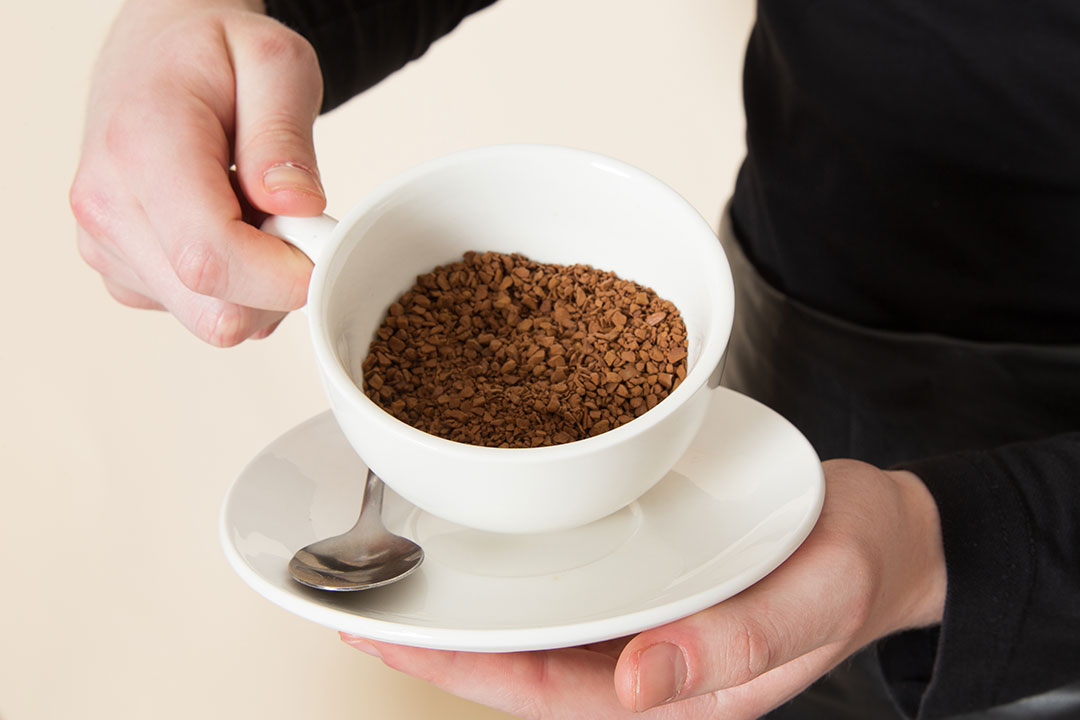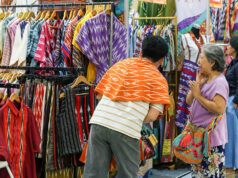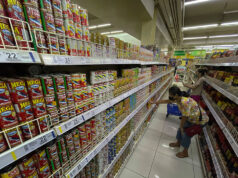Brazil fears loss of US instant coffee market share after Trump keeps tariffs

SAO PAULO — Brazil risks losing its market share in instant coffee sales in the US after President Donald Trump retained 50% tariffs on the product while cutting duties for green coffee, the Brazilian Instant Coffee Association (ABICS) said.
On Thursday, Mr. Trump removed his 40% tariffs on Brazilian food products, including beef and green coffee — which covers most coffee beans — as well as cocoa and fruits, that took effect in August to punish Brazil over the prosecution of its former president, Mr. Trump ally Jair Bolsonaro.
Thursday’s move followed a similar US order last Friday to remove 10% tariffs on several agricultural products from other countries as the White House makes a U-turn on some tariffs that have increased the cost of food in the US.
Yet Brazilian instant coffee will continue to face tariffs, a blow to the sector because the US accounts for 20% of Brazil’s instant coffee exports, according to the ABICS.
“Instant coffee was not included in the exemptions specified in the annexes to the Executive Orders,” ABICS said in a statement. “This contrasts with the overall progress in bilateral negotiations and represents a continuing challenge for the sector.”
Maintaining the tariffs against Brazil’s instant coffee means the sector risks being permanently replaced by other suppliers, ABICS added.
“Once that market share and consumer loyalty are lost, future recovery will be an extremely difficult mission, with lasting losses for the entire national production chain,” ABICS said.
Other sectors of Brazil’s coffee industry that are now exempt from the tariffs expressed relief on Friday.
The Brazilian Specialty Coffee Association (BSCA) welcomed the news, adding that tariffs between August and October contributed to exports of specialty coffee falling 55% to 190,000 60-kilogram bags versus the same period in 2024.
“This new order corrects the distortion created by tariffs between the main buyer and consumer market for coffee, the US, and the main global producer and exporter, Brazil,” the BSCA said in a statement. — Reuters



